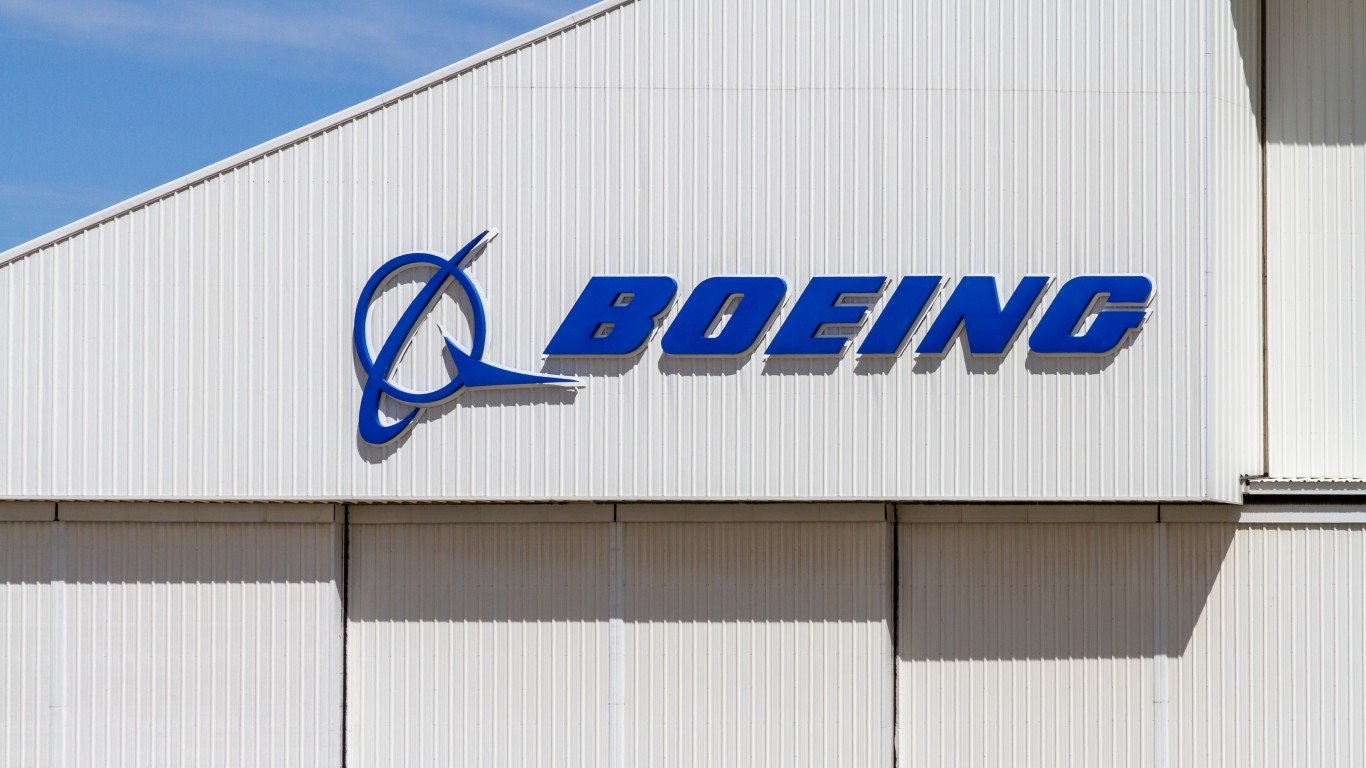

The Artemis 1’s super-rocket will take off and send a capsule to the moon. It will be powered by the Space Launch System, a massive rocket that will roar aloft from the Kennedy Space Center. The return to the moon brings up the question why it costs untold billions of dollars to replicate what NASA did in 1969 with technology that today is entirely primitive.
[in-text-ad]
Cost overruns and delays pushed the costs of the first core stage and other components to $8.9 billion, about twice the expected number. In addition, the launch was pushed back several years during the building of the aircraft. According to The Verge, an inspector general’s analysis showed that “Bad estimates by Boeing have contributed to many of these problems, the report argues.”
Boeing Co. (NYSE: BA) has been pushed out of many of the advances of space flight over the past several years as it has been replaced largely by Elon Musk’s SpaceX.
In its recent “NASA’s newest rocket is a colossal waste of money,” The Economist argued that the mission to the moon should have been handled by private contractors. “It is also a colossal boondoggle. The conception and execution of the project has been a near-perfect example of pork-barrel politics.” Boeing has been a major beneficiary of this.
The aspect of the launch and mission that makes the most sense to many experts and members of the press is that SpaceX continues to put satellites and people into space. The first stages of its rockets return to earth, which brings the costs for these missions to a fraction of NASA’s newest project.
Technical problems not only cause cost overruns. They make flight more dangerous. A problem with the Space Launch System will not put NASA’s plans back for years, and it will beg the question of whether the new systems will be safe when it eventually carries humans.
Who has paid for all these expensive systems? The American taxpayer.
Essential Tips for Investing: Sponsored
A financial advisor can help you understand the advantages and disadvantages of investment properties. Finding a qualified financial advisor doesn’t have to be hard. SmartAsset’s free tool matches you with up to three financial advisors who serve your area, and you can interview your advisor matches at no cost to decide which one is right for you. If you’re ready to find an advisor who can help you achieve your financial goals, get started now.
Investing in real estate can diversify your portfolio. But expanding your horizons may add additional costs. If you’re an investor looking to minimize expenses, consider checking out online brokerages. They often offer low investment fees, helping you maximize your profit.
Thank you for reading! Have some feedback for us?
Contact the 24/7 Wall St. editorial team.
